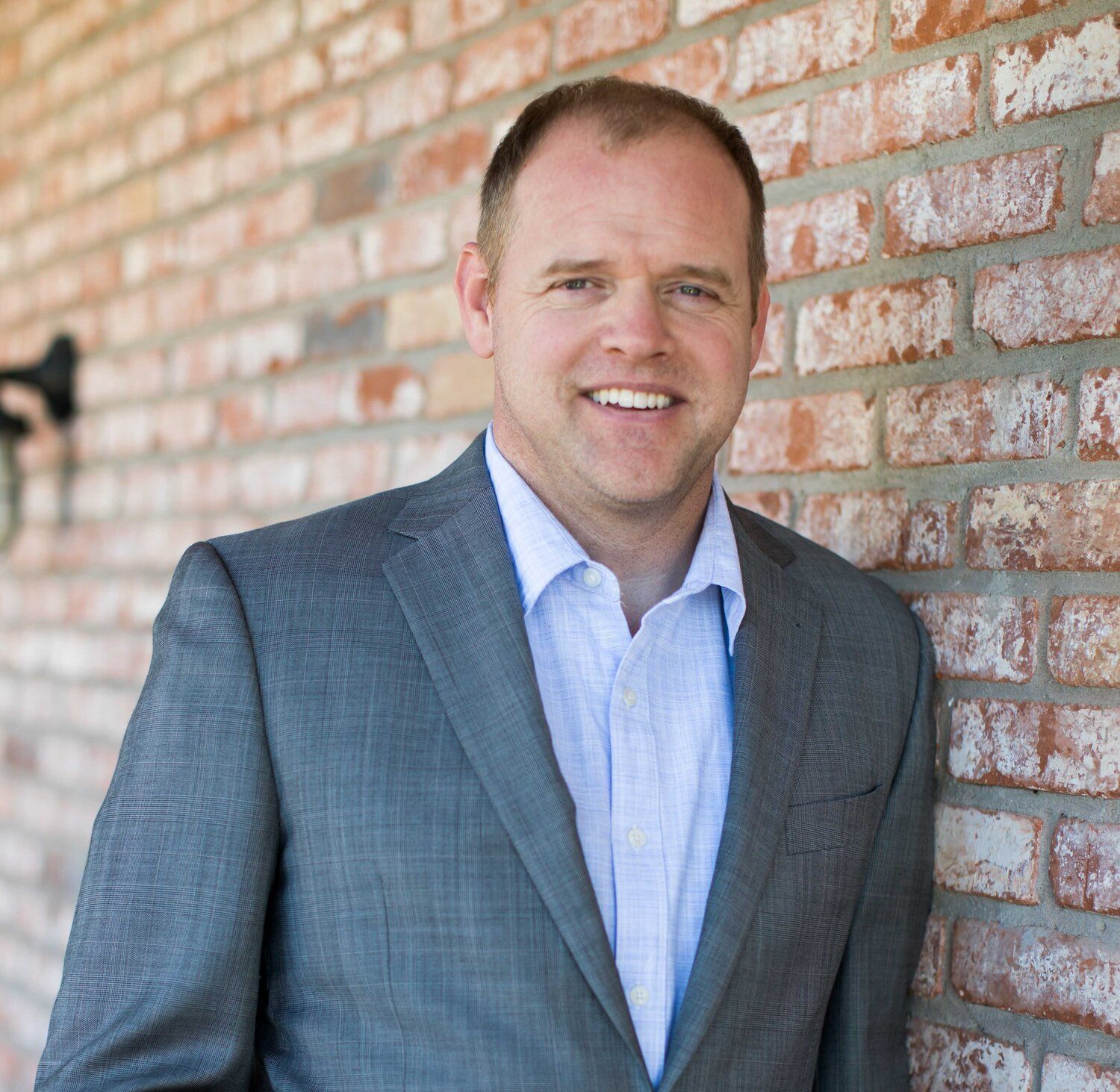Ideal Outcomes’ Jason Bisping shared his experience and wisdom in a podcast for the University of Pennsylvania Organizational Dynamics Community called “Transformative Experiential Learning That Really Gets in Your Body.” https://lnkd.in/dQWN5bX
In a wide-ranging forty-minute conversation with Stephen G. Hart, host of the “Learning Aloud” podcast, Jason explained how he draws on his work in theatre (for which he holds a PhD), and the influence and teaching methods of Brazilian author, writer, and playwright, Augusto Boal. Boal uses highly interactive theatrical methods designed to transform lives by having the spectators at a play become the actors in their own story.
Topics included in the discussion:
· How Jason went from working in academia to becoming a learning consultant.
· How his research in Guatemala impacts and informs his work with organizations.
· How interactive, experiential workshops change behaviors and beliefs.
· How participants are much more willing to take action outside of the classroom if they are practicing on-the-job skills inside of the classroom.
· How the training landscape has changed in the last year since the outbreak of the pandemic.
· How companies are now requesting more diversity and inclusion programs.
· How fostering inclusion on teams can have a positive impact on the team and an organization.
· How organizations have a bias towards practical solutions and do not have the structures or capabilities to decipher theories without tips and best practices.
· How culture change at an organization needs to be from the top down and bottom up.
· How training, behaviors, processes, and values need to be aligned in order for culture to improve.
· How our culture and workplaces have become more inclusive in the last few years.· How training can be interactive in both live and online.
· How trainers can leverage their strengths and charisma in the online space.A few of Jason’s quotes from the podcast:
· “To change behaviors is to practice in the training room what you are going to do when you get out in the world.”
· “Research shows if you have a group of team members, and every week you tell a positive story about someone on the team, they are going to like that. So many managers squander that opportunity. Telling a positive story creates a really strong bond of inclusion and belonging. Humans have been telling stories around fires since the caveman. It is something very human about us.”
· “Trainers who suddenly find themselves in the online space after years delivering training live in the classroom, should try to match the engagement in the online space. The richness of the experience in a live training room, if you have done it right, is hard to match. But you have to try to match that online. Use breakout rooms. Use the green check and red X. Keep people engaged, even if they are not engaged with you, that even a medium learner is going to be looking and trying to pick things up and trying to get better. But if your online training is a void. If it is you and your boring slide and they have nothing else to look at, they are going to look at the internet. They are going to answer their emails. It is hard enough to keep people engaged and off their emails in a real classroom. If you are giving them so much less input than a live classroom, then you have to step that up. More visuals. More engagement. Try and match the richness of that live classroom. And that is a skill. So, anyone moving from live to virtual delivery right now, take whatever you were great at before and bring that in. Don’t let it drop away.”
Jason said, “I thoroughly enjoyed sitting down with Steve in his Zoom Room studio and discussing my work and approach to training. I am always willing to discuss my current work and my research, and Steve asked me questions about the connection between my world in academia and my work with organizations that I have not thought about before.
“I appreciated the opportunity to talk about how training that includes interactive practice and engaging delivery can make learners be much more effective at their roles when they return to work. Whether they are leading a team, serving customers, or making sales a participant in a workshop should not only learn, but they should have the opportunity to practice on-the-job skills and situation so that when they return to work, they are that much more prepared to improve their team and organization.”
Listen to the “Learning Aloud” podcast: https://lnkd.in/dQWN5bX
In a wide-ranging forty-minute conversation with Stephen G. Hart, host of the “Learning Aloud” podcast, Jason explained how he draws on his work in theatre (for which he holds a PhD), and the influence and teaching methods of Brazilian author, writer, and playwright, Augusto Boal. Boal uses highly interactive theatrical methods designed to transform lives by having the spectators at a play become the actors in their own story.
Topics included in the discussion:
· How Jason went from working in academia to becoming a learning consultant.
· How his research in Guatemala impacts and informs his work with organizations.
· How interactive, experiential workshops change behaviors and beliefs.
· How participants are much more willing to take action outside of the classroom if they are practicing on-the-job skills inside of the classroom.
· How the training landscape has changed in the last year since the outbreak of the pandemic.
· How companies are now requesting more diversity and inclusion programs.
· How fostering inclusion on teams can have a positive impact on the team and an organization.
· How organizations have a bias towards practical solutions and do not have the structures or capabilities to decipher theories without tips and best practices.
· How culture change at an organization needs to be from the top down and bottom up.
· How training, behaviors, processes, and values need to be aligned in order for culture to improve.
· How our culture and workplaces have become more inclusive in the last few years.· How training can be interactive in both live and online.
· How trainers can leverage their strengths and charisma in the online space.A few of Jason’s quotes from the podcast:
· “To change behaviors is to practice in the training room what you are going to do when you get out in the world.”
· “Research shows if you have a group of team members, and every week you tell a positive story about someone on the team, they are going to like that. So many managers squander that opportunity. Telling a positive story creates a really strong bond of inclusion and belonging. Humans have been telling stories around fires since the caveman. It is something very human about us.”
· “Trainers who suddenly find themselves in the online space after years delivering training live in the classroom, should try to match the engagement in the online space. The richness of the experience in a live training room, if you have done it right, is hard to match. But you have to try to match that online. Use breakout rooms. Use the green check and red X. Keep people engaged, even if they are not engaged with you, that even a medium learner is going to be looking and trying to pick things up and trying to get better. But if your online training is a void. If it is you and your boring slide and they have nothing else to look at, they are going to look at the internet. They are going to answer their emails. It is hard enough to keep people engaged and off their emails in a real classroom. If you are giving them so much less input than a live classroom, then you have to step that up. More visuals. More engagement. Try and match the richness of that live classroom. And that is a skill. So, anyone moving from live to virtual delivery right now, take whatever you were great at before and bring that in. Don’t let it drop away.”
Jason said, “I thoroughly enjoyed sitting down with Steve in his Zoom Room studio and discussing my work and approach to training. I am always willing to discuss my current work and my research, and Steve asked me questions about the connection between my world in academia and my work with organizations that I have not thought about before.
“I appreciated the opportunity to talk about how training that includes interactive practice and engaging delivery can make learners be much more effective at their roles when they return to work. Whether they are leading a team, serving customers, or making sales a participant in a workshop should not only learn, but they should have the opportunity to practice on-the-job skills and situation so that when they return to work, they are that much more prepared to improve their team and organization.”
Listen to the “Learning Aloud” podcast: https://lnkd.in/dQWN5bX


